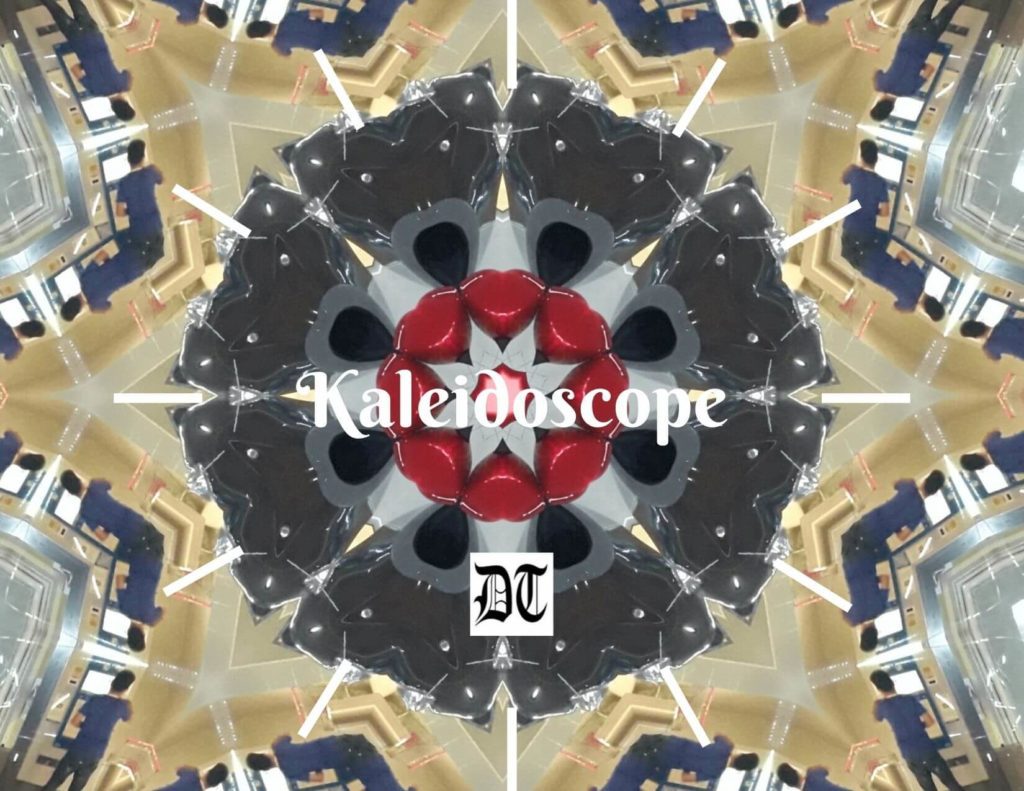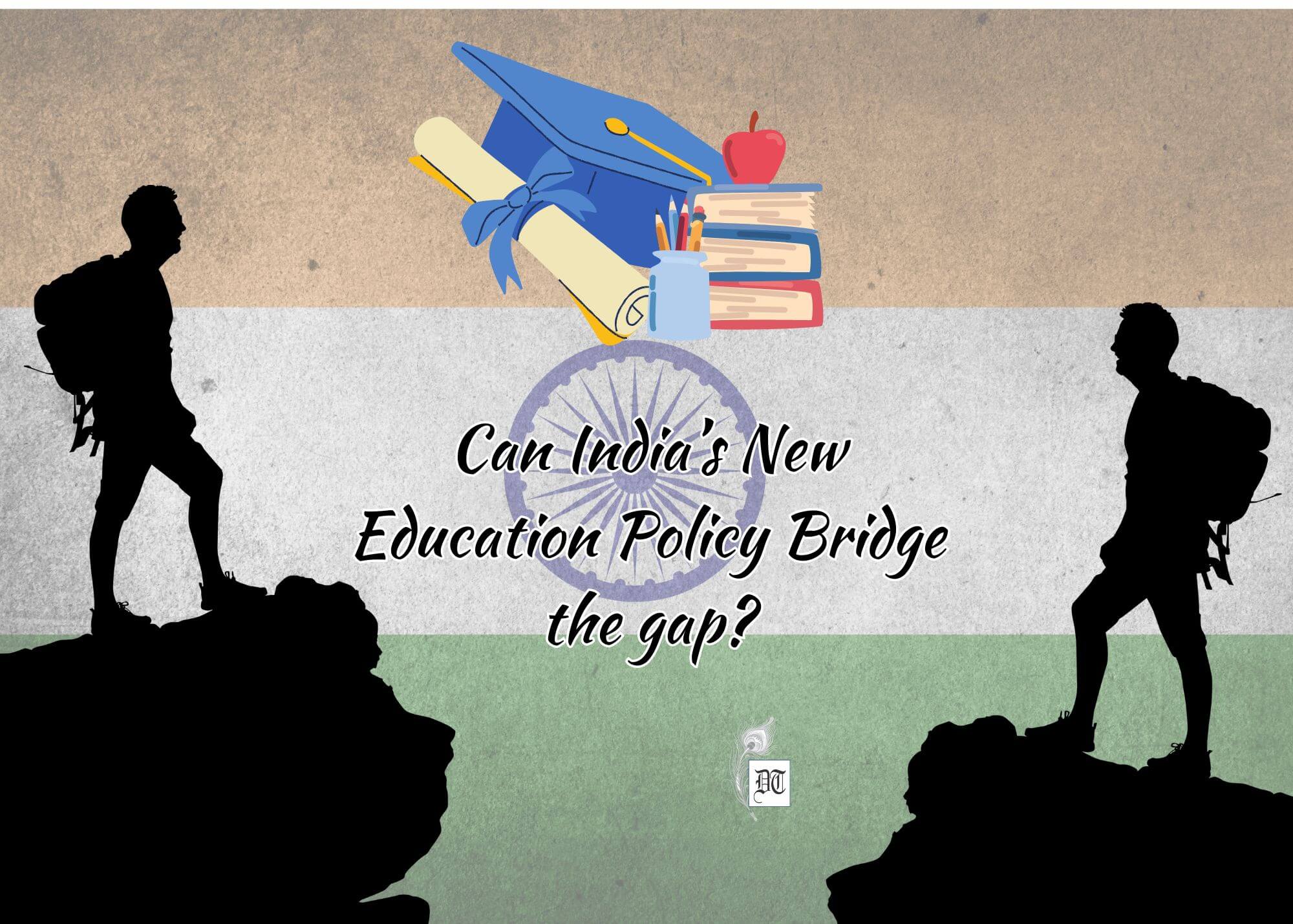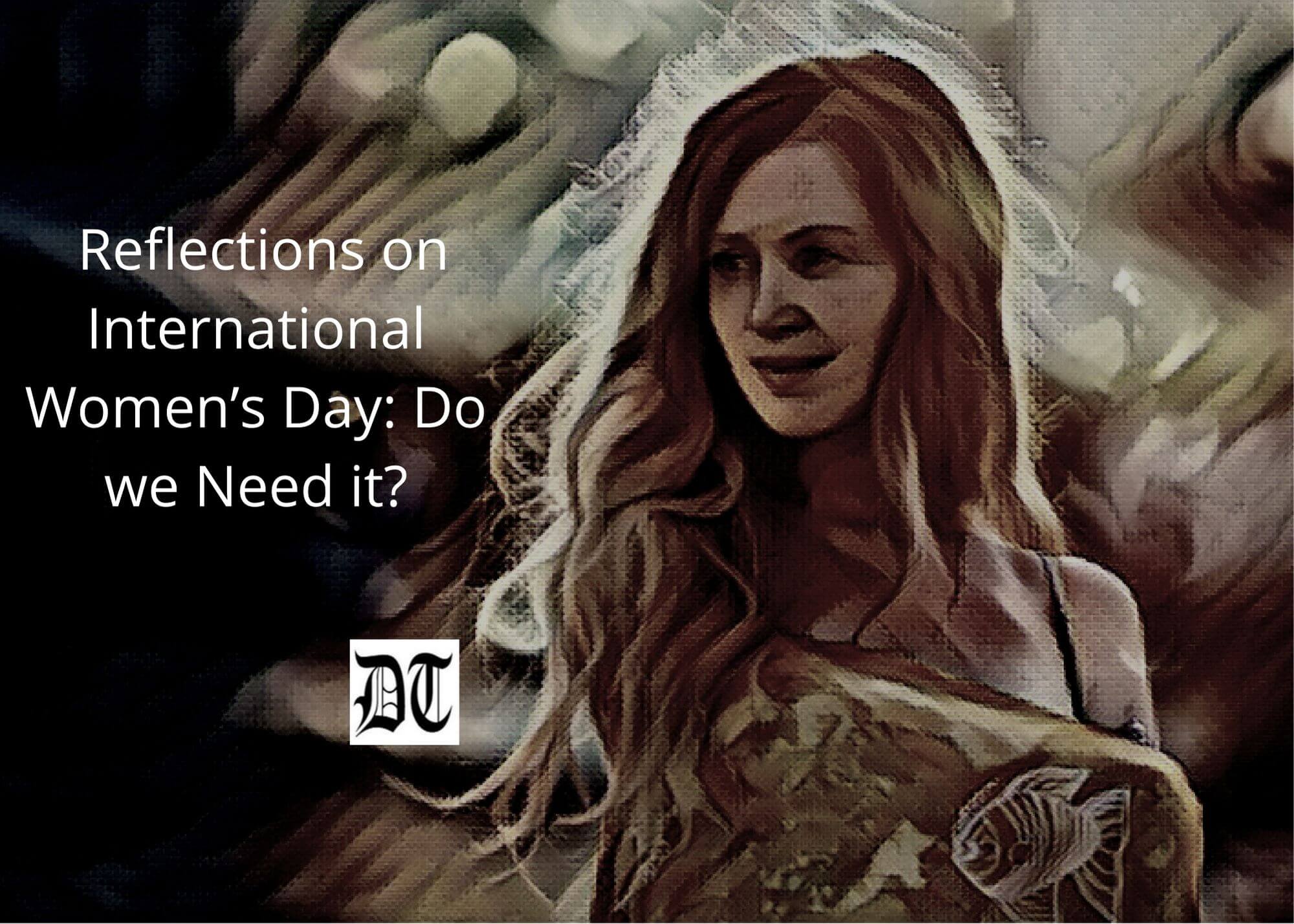Geeta delves into the complexities of education, highlighting issues like overcrowding, debt, and inequality, and suggests a potential solution through a new policy exclusively for different truths.

My neighbor’s child was not yet born but had to be registered at a school; it would attend in the future. The parents described the ordeal. He stood in a queue at three in the morning, waiting for the gates to open. At around eight, a person came and threw the tokens for the application forms from behind the gate. The parents rushed to pick them up from the ground. Only a few managed.
Imagine, after this, there is an interview for the child and parents, and orientation programs (can the child manage the school curriculum and syllabus?). And, after all that, will the parent pay a donation in lakhs? The child’s future depends on that, after all. In such a scenario, does a child from a middle-income family stand a chance?
Sadly, parents depend on loans to educate their children…
Sadly, parents depend on loans to educate their children, as government schools are ill-equipped and neglected. Our domestic help sends her child to a private school. She takes loans at every step to repay the previous loan.
Then there are ambitious parents who plan their child’s future in the IITs. engineering or medical colleges, and some fancy design schools demand exorbitant fees, where his profession can be certain. A friend of mine was asked to pay 70 lakhs for her son’s admission into a design school!
And then there are these institutions, just by name. They neither have enough staff nor are they well-equipped? But the students get degrees! The business flourishes anyway.
Education is a fundamental right.
All this in a country where education is a fundamental right. Is our government planning a hundred percent education for its people or a near-zero percent literacy rate?!
Meanwhile, the new educational policy is planning to transform the entire system of education in our country, bringing in many changes: revamped examination structure, inter-disciplinary curriculum, coding, experimental learning, focus on health, etc. Higher education will have more flexibility with the choice of subjects and will also have multiple exit points (certificate, diploma, etc.). More internationalisation will bring in more foreign universities to collaborate with the universities in India.
One wonders if these changes will open new doors for those truly looking for knowledge.
Picture design by Anumita Roy





 By
By

